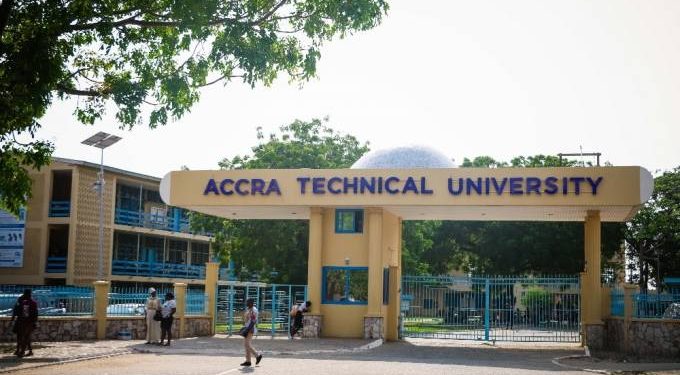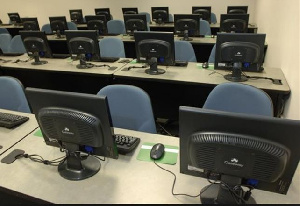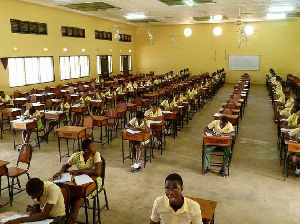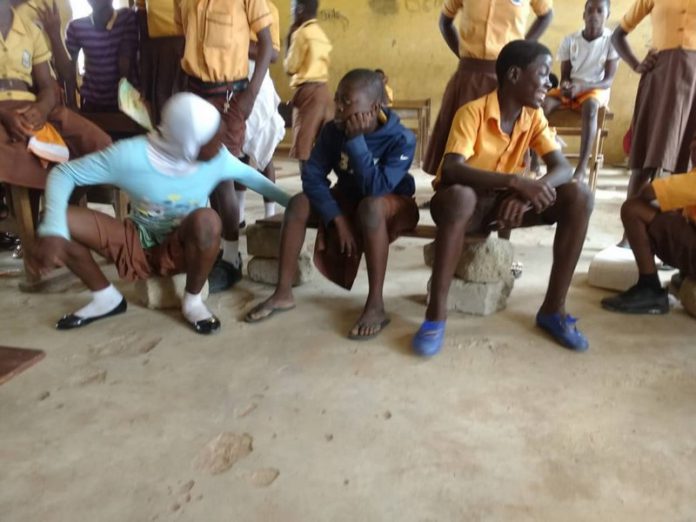Photos: How GBBI is using bamboo bikes to increase access to education in Ghana
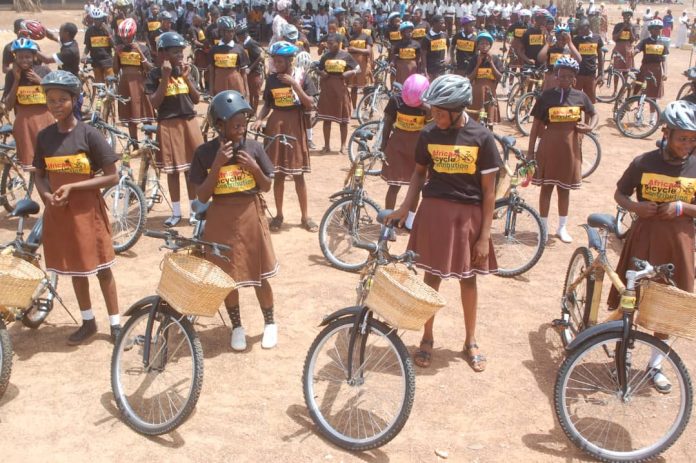
Ghana Bamboo Bikes Initiative, in partnership with the African Bicycle Contribution Foundation, has donated their 415th Bamboo Bicycles to Support Ghana’s Inclusive Educational Policy and Development Goals.
Ghana has made significant strides in its educational reforms and achieved monumental outcomes in enrolment over the past decades.
Despite the numeric improvement in the country’s policy goals, access to quality of education continues to be a thorny issue.

The problem of educational inequity is particularly acute in the Northern region of Ghana.
The inability to access learning centres or schools because transport services are not available, not reliable or too expensive, result in social exclusion which underpins weaker performances among school children in rural communities.

Access to assistive transport devices is a prerequisite for better education and learning outcomes.
In the light of this challenge, the African Bicycle Contribution Foundation, a US-based corporation, through its long-term partnership with Ghana Bamboo Bikes Initiative has, since 2016, played a key role in filling the void with a commitment to underwrite the free distribution of nearly 3,000 Eco-Ride bamboo bicycles to school children in communities disengaged from mainstream transport networks.

This batch of 75 bamboo bicycles went to students and teachers in Karaga Senior High School under the Karaga District.
In attendance were several officials from the school, community leaders, and District Assembly who expressed their profound gratitude for the charitable support to bolster education in the local area.
The figurehead of GBBI, Bernice Dapaah, speaking about the rationale for the charitable donation noted: “We deeply understand and appreciate the impact of distance from school on learning achievement and are committed to reverse the negative trend in the Northern regional schools.

Since learning outcomes are related to the number of time students engage in learning tasks, it is imperative to make provisions that reduce the loss of instructional time available to students which is why we donate these assistive bicycles”.
In addition to creating a bicycle culture in the sub-region, we are set on offering a home-grown solution with made-in-Ghana products that improve the quality of life of our target group.

In the long run, we are optimistic about creating more jobs, drive up incomes and promote innovation among the emerging youthful generation.
Source: Justice Baidoo

